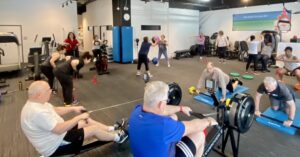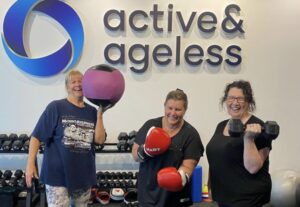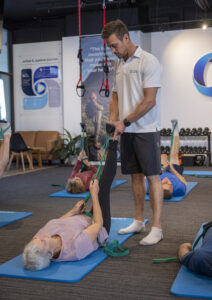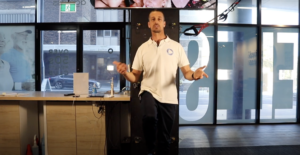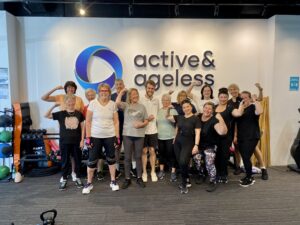In this article we will talk about some of the misconceptions around dietary protein and help you to gain greater clarity on protein requirements for over 50s. Each section will provide some helpful tips around protein related topics for the purpose of understanding your daily requirments
What is protein and what do we need it for?
Proteins are made up of tiny molecules called amino acids. Amino-acids are essentially the building blocks to our body and are needed for many of our body processes. These processes include building muscle, repairing muscle, cell regeneration, and the synthesising of new hormones. There are very few processes in the body that do not require protein molecules to be successful.
Do I eat enough protein?
The average Australian consumes what can be termed as a S.A.D diet or Standard Australian Diet. Likewise, this form of diet can also be termed the ‘Western Diet’, or the ‘Standard American Diet’ and it generally consists of a high level of nutrient dense and nutritionally poor refined carbohydrates. The diet generally contains foods such as highly processed white bread, rice, fizzy drinks and cereals etc. It also contains high levels of refined fat, low levels of fresh fruits, vegetables, whole grains, lean protein and healthy fats. As a result the SAD diet can be attributed to many forms of chronic disease, including diabetes, obesity, cancer, heart disease and hypertension and can even contribute to mental health issues.
READ MORE HERE ON THE IMPACT OF THE SAD OR WESTERN DIET AND THE IMPACT ON OUR HEALTH
With this form of eating behaviour, Australians can quite often be undernourished with protein from foods not considered healthy. The importance of adequate protein consumption from healthy and nutritious sources is one that needs to be addressed to be able to build and maintain muscle mass, promote fat loss, and to stay full for longer.
In a recent Australian Health Survey it was found that the majority of Australians get enough protein on a daily basis, even though this quite often doesn’t come from healthy sources. It is also common that the types of protein aren’t varied enough to get the full benefits of protein synthesis.
As we age it is necessary to increase our daily protein requirments and to get that protein from a variety of products.
So the question should be ‘Do I eat enough high quality protein?” instead of ‘Do I eat enough protein?’
Read an interesting article HERE in the Good Food Guide on
“Australians Not eating The Right Protein Foods”
Protein Requirements for over 50s
Do you exercise and do strength training, are you over the age of 50, or want to maintain or build muscle, and tone up? Well then it is important to realise how much protein you should be eating on a daily basis.
A question I often hear is:
‘Do we need more or less protein as we age?’
As we age, we need more protein to stimulate protein synthesis and prevent sarcopenia or more commonly known as muscle wastage.
Additionally, as we age the synthesising of proteins in the body happens at a slower rate. To overcome this slowdown of protein synthesis it can be usually corrected with a higher level of protein intake. These levels are usually above what most health departments suggest as an RDI or recommended daily intake.
READ MORE ABOUT DAILY PROTEIN REQUIREMENTS HERE
Daily Protein Intake Recommendations
*Recommended daily protein intake for healthy over 50s is: 1.2 -1.6g per kg of body weight per day.
| Body weight in kilograms | Grams of protein recommended per day |
| 60kg | 72g—-96g |
| 65kg | 78g—-104g |
| 70kg | 84g—-112g |
| 75kg | 90g—-120g |
| 80kg | 96g—-128g |
| 85kg | 102g—-136g |
| 90kg | 108g—-144g |
| 95kg | 114g—-152g |
| 100kg | 120g—-160g |
| 105kg | 126g—-168g |
| 110kg | 132g—-176g |
NB: 100g of steak or chicken does not equate to 100g of protein!
100g of steak/chicken would generally equate to 30g of protein.
*SEE TABLE BELOW
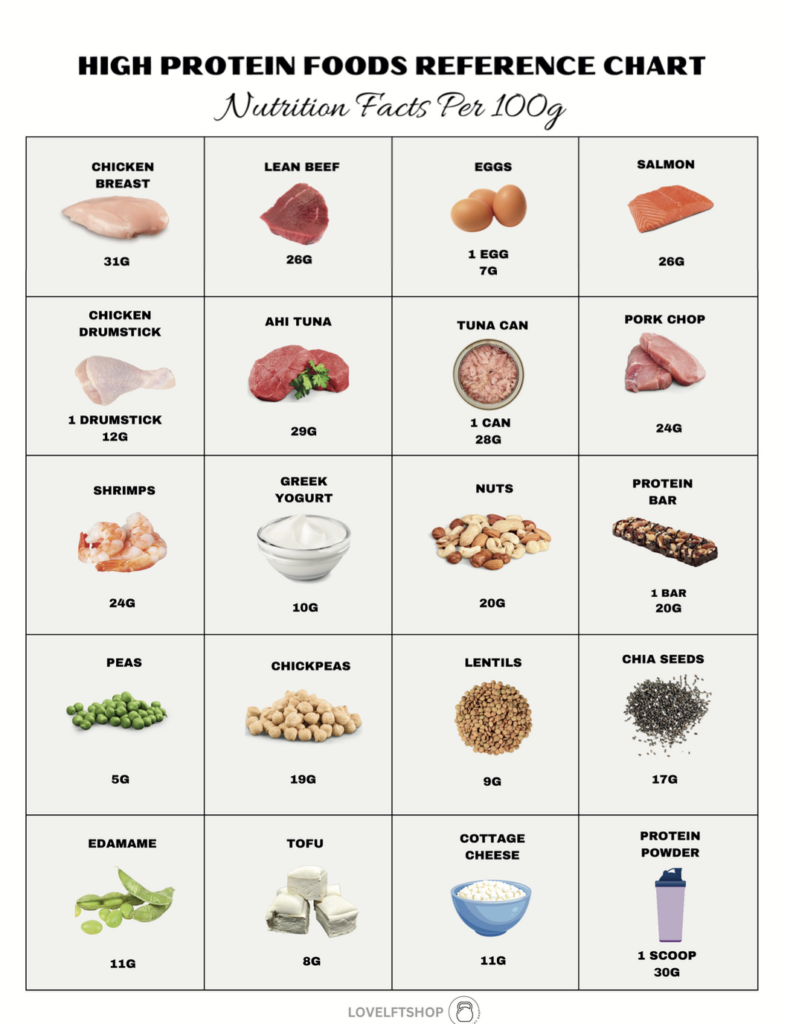
🔑 KEY TIPS ON PROTEIN REQUIREMENTS FOR OVER 50S
- Spread your protein intake throughout the day to help with stabilising your protein requirement intake
- Have a protein supplement shake in addition to a certain meal if that is low in protein.
- Consume various sources of healthy and lean proteins to maximise diversity of amino acids.
- If you eat breakfast, eat some protein with your meal to reach your daily protein requirments
Types of protein
When most people think of protein, they automatically think of a steak or chicken. After all these are 2 common forms of protein, but thankfully for those who don’t want to eat a T-bone steak or a chicken breast every day, there are various sources of animal and non-animal products that contain healthy proteins.
Some recommended forms of healthy proteins protein are:
Consume more:
- Chicken
- Fish
- Nuts
- Good quality Protein Supplements: Protein shake (whey (milk)protein, pea protein, hemp protein, pumpkin seed protein)
- Low fat cottage cheese
- Almonds
- Pine nuts
- Walnuts,
- Macadamias
- Hazelnuts
- Cashews
- Legumes
- Beans
- Lentils
- Chickpeas
- Split peas
Consume Less:
- Beef
- Full fat milk
- Some dairy products
- Cheese
So there you have it folks, given these points and tips I hope you have gained some clarity for protein requirements for over 50s. You should now be armed with greater knowledge of different types of proteins and have an understanding of how much protein you should consume on a daily basis.
As always if you have any questions on any of the content here, by all means please drop us an email at info@activeandageless.com.au

Heath Jones is the founder of Active & Ageless and has over 20 years’ experience in the Health & Wellness space.
He holds the following qualifications:
Bachelor of Nursing
Postgraduate in Exercise Science
Diploma of OHS
Cert 3 & 4 Fitness
Cert 4 Training & Assessment
Older Adults trainer
